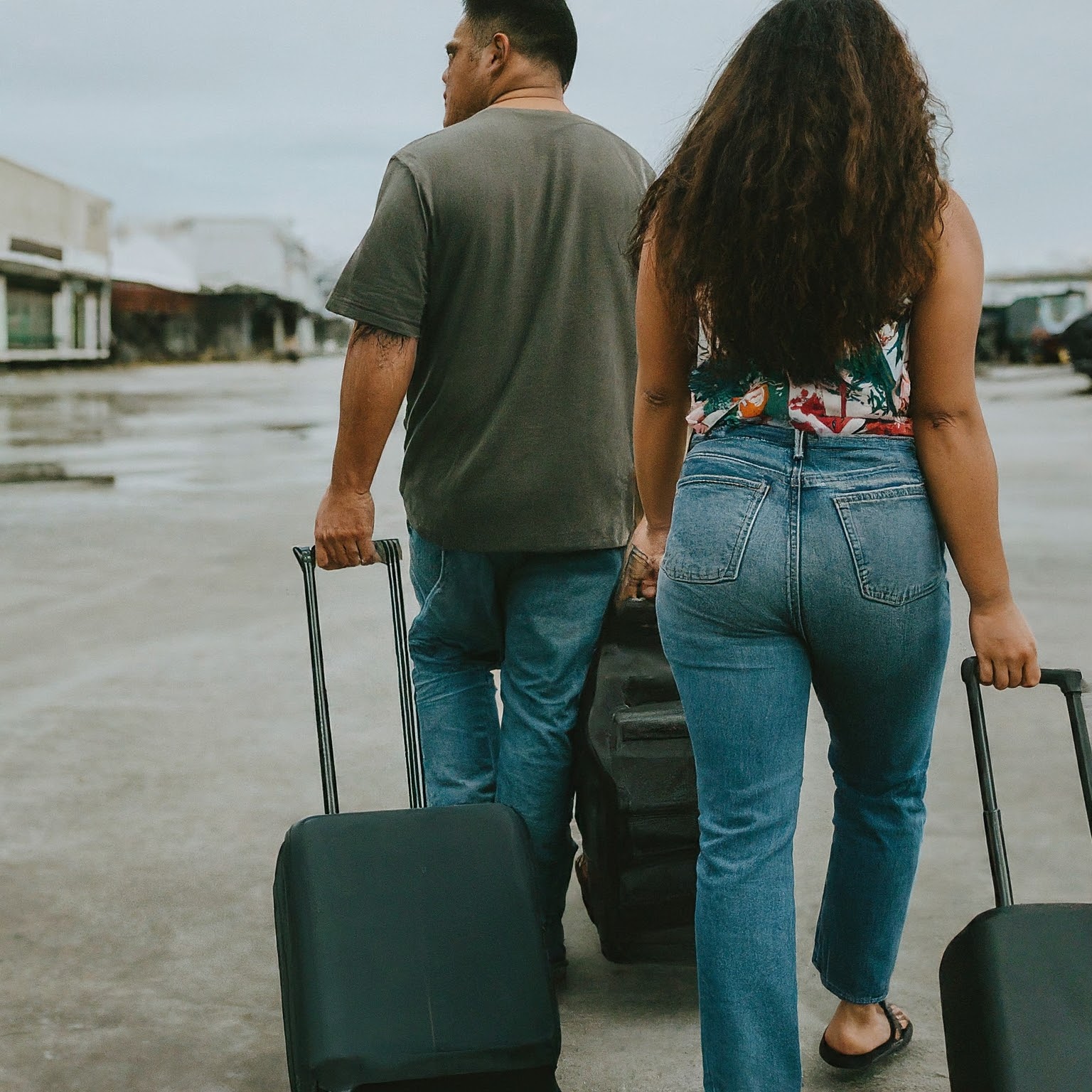
We also accept payments via Paypal
Huri Translations
Tel. +689 89 205 483
info@huri-translations.pf
PO BOX 365 Maharepa
98728 Mo'orea
French Polynesia
N°TAHITI 876649
Subscribe to our newsletter


This extraordinary diversity is a testament to the Pacific's long history of isolation and adaptation. For millennia, the ancestors of today's islanders navigated the vast ocean by the stars, settling on far-flung specks of land that pepper the liquid third of planet Earth. In each new home, they wove the threads of their experience into new patterns of speech.
But now, the vibrant linguistic heritage of the Pacific is unraveling, its strands fraying under the relentless onslaught of a changing world and inching seas. As young people leave their island homes to seek their fortunes in distant lands, they often leave their mother tongues behind, trading the speech of their ancestors for the global languages of commerce and opportunity. Even for those who remain, the once-impenetrable veil of isolation has been lifted, as the internet and mass media bring a daily torrent of foreign words and ideas, slowly eroding the foundations of ancestral tongues.
The urgency of this crisis cannot be overstated. Across the Pacific, languages with only a handful of speakers teeter on the brink of extinction, their fate hanging by a gossamer thread. With each passing year, the voices of the elders grow fainter, taking with them an irreplaceable storehouse of history, art, and wisdom. In some cases, languages are vanishing before they can even be recorded, their secrets lost forever to the relentless march of time. In some other cases, philanthropy has paid for a museum to their glory.
Yet even in the face of this gathering darkness, there are glimmers of hope. In communities across the Pacific, people are rallying to save their linguistic birthright, their efforts a beacon of resilience in a time of change. In Vanuatu, where the Ninde language is spoken by just 600 people, linguists and villagers have joined forces to create the first ever Ninde dictionary, a bulwark against the erosion of their ancient tongue. And in Hawaiʻi, a renaissance of language education is nurturing a new generation of native speakers. These so-called "neo-speakers ensure, with their own terms, that the lyrical cadences of the islands will echo through the ages.
Language companies like Huri Translations are also playing a vital role in this struggle for linguistic survival. By offering language services in dozens of Pacific tongues, we are building bridges between the old ways and the new, helping communities to keep their languages alive and relevant in an increasingly interconnected world. And as technology advances, new tools are emerging to aid in the fight, from mobile keyboards to translation engines, that put the power of preservation in the hands of the people.
Yet in the end, the fate of the Pacific's languages will be decided by the islanders themselves. And their diaspora. As they navigate the treacherous waters of cultural change, they must choose which parts of their heritage to carry forward into an uncertain future. For some, the siren song of economic prosperity may prove too strong to resist, the lure of English too great to be denied. But for others, the language of ancestors is a sacred trust, a vital link to the past that must be cherished and nurtured, no matter the cost.
As the world watches and listens, it is clear that we all have a stake in the survival of the Pacific's linguistic heritage. Each language is a unique voice in the grand chorus of human experience, a living testament to the boundless creativity and resilience of the human spirit. In a time of rapid change and upheaval, these ancient tongues offer us a glimpse of other ways of being, other ways of seeing the world that may hold the key to our common future. May they endure and may we have the wisdom to learn from them before they fade forever into the mists of time.

Across the Pacific islands, a linguistic treasure of over a thousand tongues awaits safeguarding. From Papua New Guinea to Micronesia, these priceless legacies whisper secrets. Yet, as change sweeps these lands, the Pacific's voices fade, their ancient melodies lost to the clamor of a globalizing world.
"we are building bridges between the old ways and the new"
To behold the linguistic richness of the Pacific is to be awestruck by the sheer abundance of human expression and concept on life. In Papua New Guinea, a land of towering mountains and deep, shadowed valleys, over 800 languages bloom like rare orchids. Vanuatu, a slender chain of islands cast like a string of pearls across the azure sea, is home to over 100 tongues, a dazzling linguistic garden in a nation of just 300,000 souls. And even in the smaller island nations, like the Solomon Islands and Fiji, dozens of languages thrive, each one a window into a world shaped by centuries of insularism amid the rhythm of the tides and the whisper of the palms.
An Elegy and Call to Action for the Endangered Languages of Oceania
